Ugo Tognazzi: I Viaggiatori della sera
“I viaggiatori della sera” (The Night Travelers) is a 1979 Italian film directed by Ugo Tognazzi, who also stars in the movie alongside Ornella Vanoni. The film, based on a novel by Umberto Simonetta, presents a dystopian narrative where elderly people are sent to a retirement community, which turns out to be a place of no return.
The film follows the story of a married couple, Teresa (played by Ornella Vanoni) and Remo (played by Ugo Tognazzi), who are nearing the age when they will be sent to this government-mandated retirement community. As they come to terms with their fate, they discover the sinister truth behind the supposed utopia where they are to be relocated. The movie delves into themes of aging, societal roles, and the fear of obsolescence, blending drama with a touch of dark satire.
Locations
“I viaggiatori della sera” was filmed in various locations that contribute to its eerie and contemplative atmosphere. Here are some specific details about the locations used in the movie:
- Lombardy, Italy: A significant portion of the film was shot in the Lombardy region, known for its picturesque landscapes and historic architecture. The serene and sometimes desolate environments help set the mood for the film’s dystopian theme.
- Milan: Some urban scenes were filmed in Milan, a city that juxtaposes the modern and the ancient. Milan’s architecture and busy streets contrast with the isolation experienced by the film’s protagonists.
- Lake Como: The tranquil and scenic views of Lake Como provide a stark contrast to the film’s dark narrative. The beautiful yet melancholic backdrop highlights the sense of entrapment and the illusion of peace in the retirement community.
- Villa Erba: This historical villa, located in Cernobbio on the shores of Lake Como, served as one of the primary locations. Villa Erba’s grand and somewhat austere architecture perfectly complements the film’s themes of elegance and decay.
- Countryside Villas: Several scenes were shot in various villas scattered across the Lombardy countryside. These locations added to the authenticity and depth of the film’s setting, offering a glimpse into the quiet and secluded lives the elderly characters are forced into.
Cinematography
The cinematography by Armando Nannuzzi plays a crucial role in establishing the film’s mood. The use of natural light and carefully framed shots creates an atmosphere of impending doom and quiet desperation. All the locations are not just backdrops but are integral to the storytelling, reflecting the internal states of the characters and the oppressive societal structure they are caught in.
“I viaggiatori della sera” is a poignant and visually striking film that uses its locations effectively to enhance its narrative. The combination of urban and rural settings, along with historical and modern architecture, underscores the film’s exploration of aging, control, and resistance. Ugo Tognazzi and Ornella Vanoni deliver powerful performances that bring depth to this dystopian tale, making it a memorable piece of Italian cinema.
Watch the movie on Movieitaly+
Read more articles here



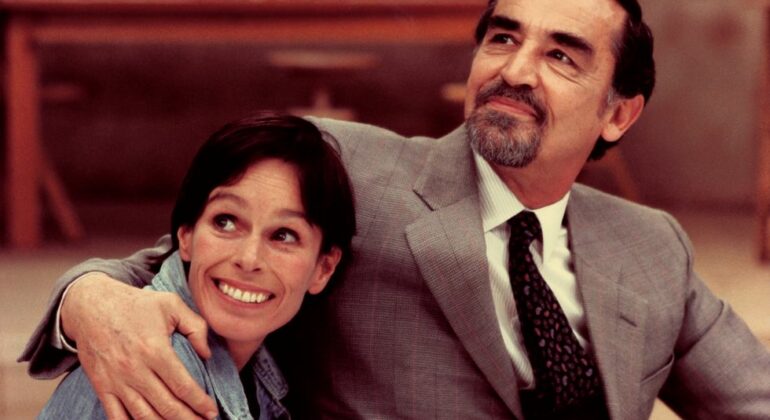
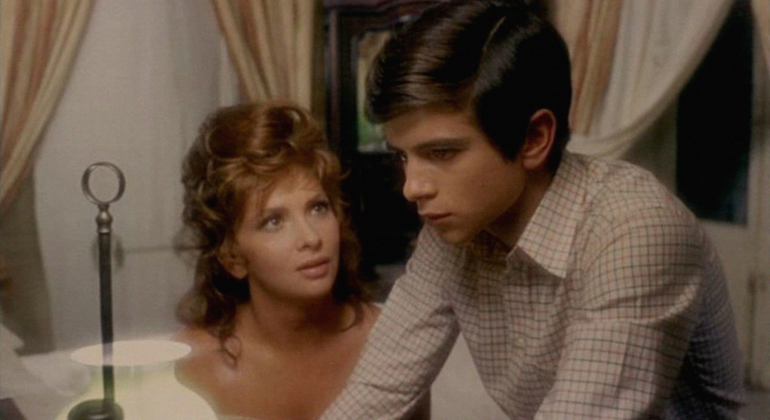
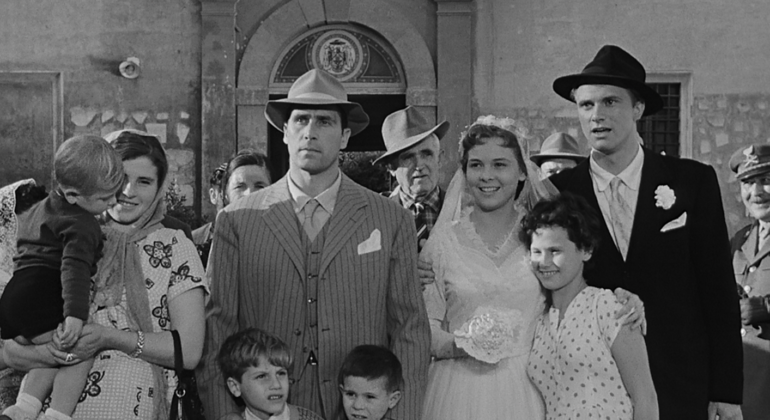

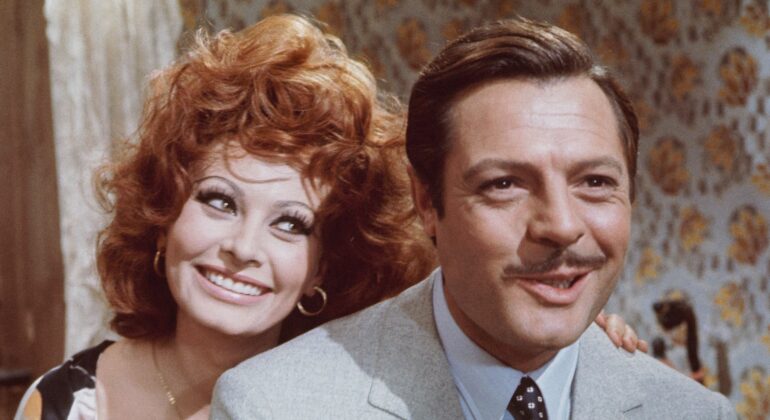
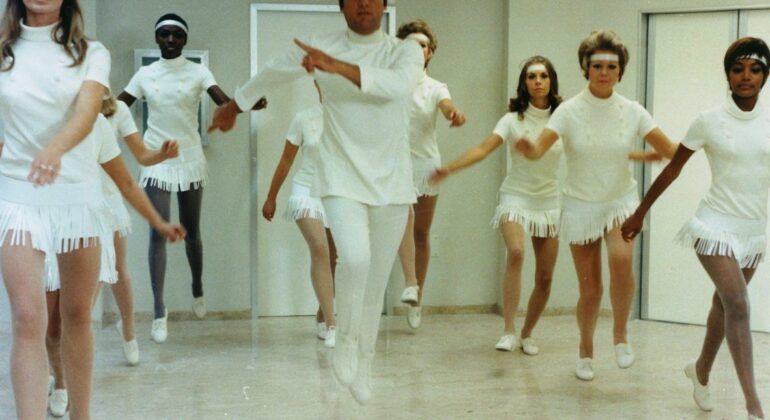
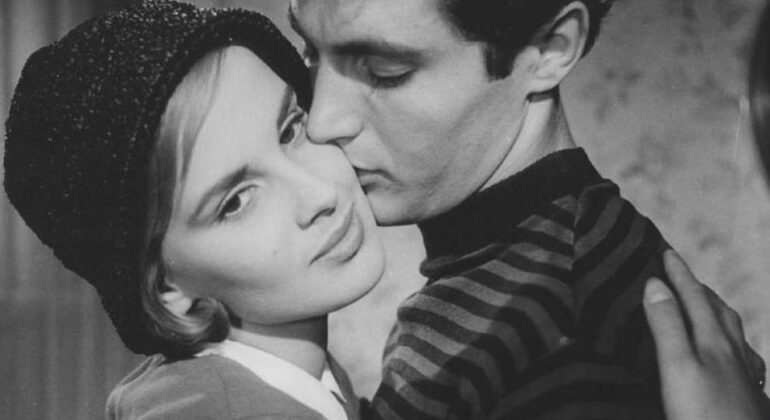
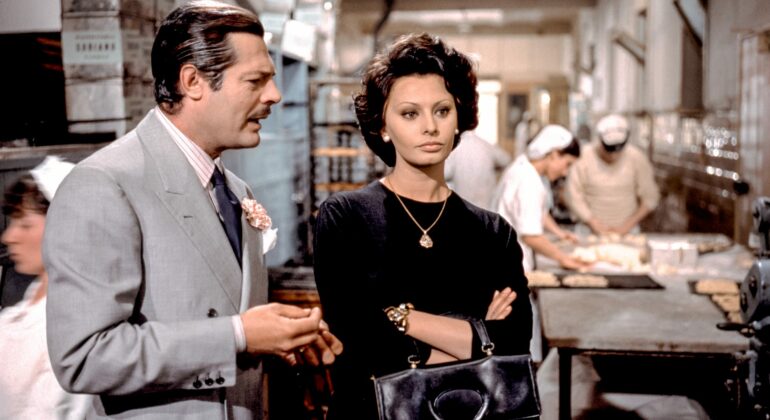
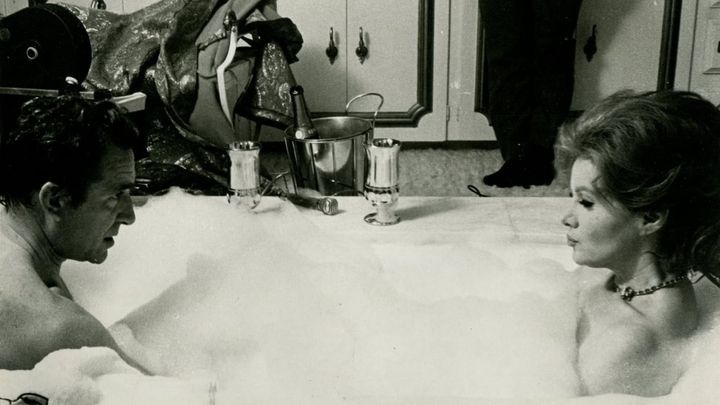




Recent Comments